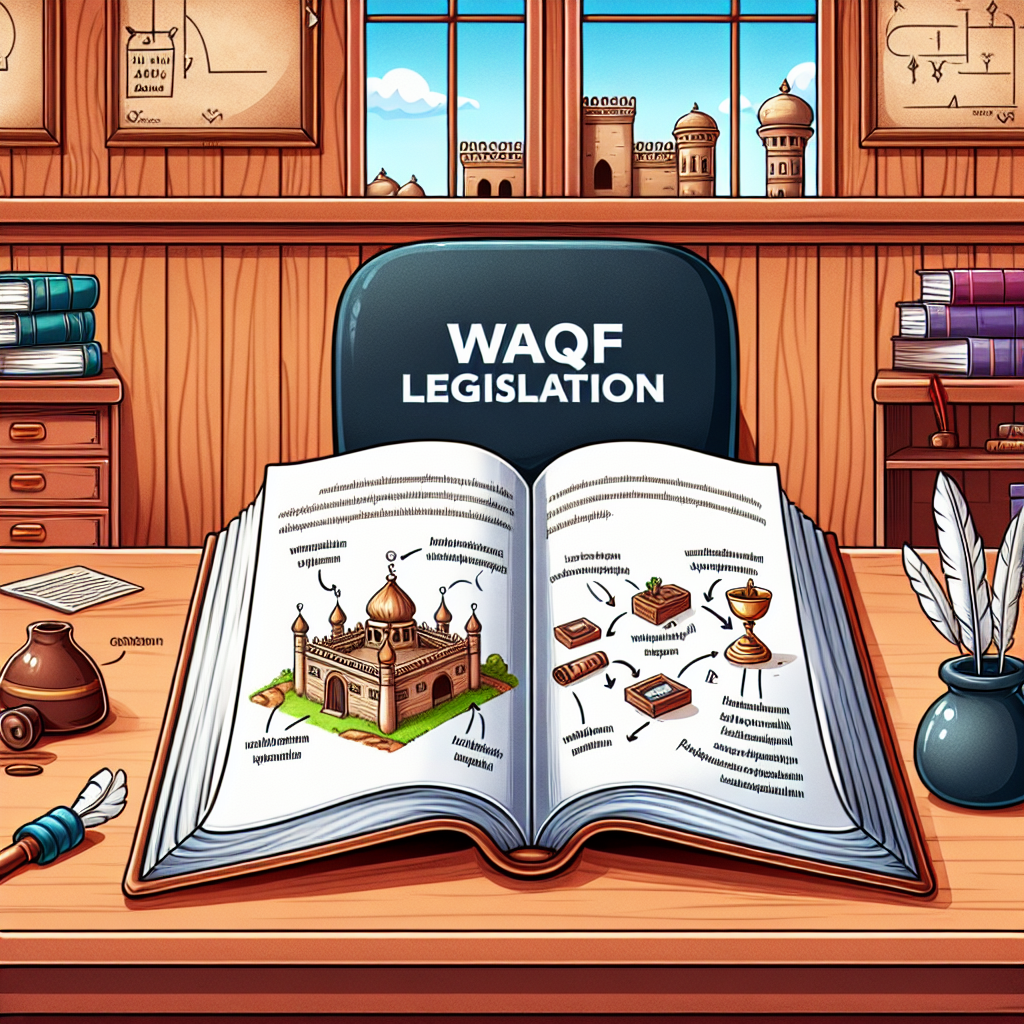U.S. Legislation Challenges IMF Support Over African Oil Restoration Funds
U.S. lawmakers propose legislation blocking IMF support for CEMAC nations, due to new regulations on oil restoration funds. The bill opposes requiring oil firms to deposit funds with Central African banks, aiming to protect U.S. investments. IMF and regional governments continue negotiations amidst economic concerns.

In a move that could impact International Monetary Fund support for Central African countries, U.S. lawmakers have introduced legislation aiming to protect billions in oil restoration funds. The proposed bill objects to new Central African regulations requiring these funds to be held in regional banks, stoking disputes between foreign investors and local authorities.
The legislation, introduced by Republican Representatives Bill Huizenga and Dan Meuser, targets the Bank of Central African States' regulations that compel international oil companies to deposit significant environmental clean-up funds into BEAC-controlled accounts. These funds, estimated between $5 billion and $10 billion, are critical for future environmental restoration.
Amidst these debates, the IMF and regional stakeholders strive for a consensus, emphasizing the funds' importance in bolstering economic stability. With the Central African economies reeling from global shocks, the legislation's implications could affect critical IMF support needed to manage foreign exchange reserves and economic stability.
(With inputs from agencies.)










